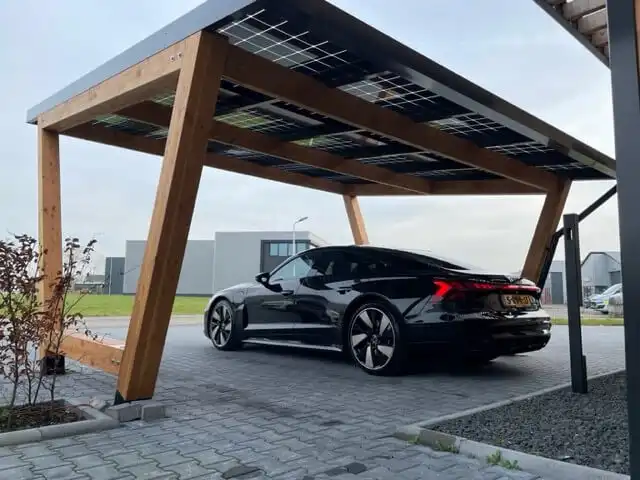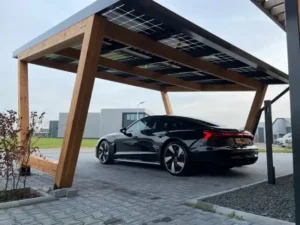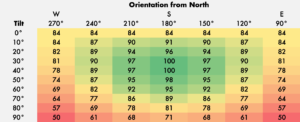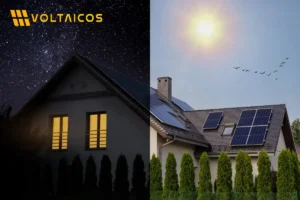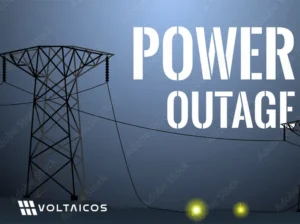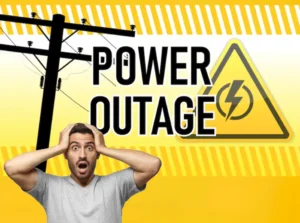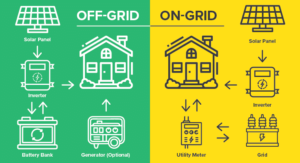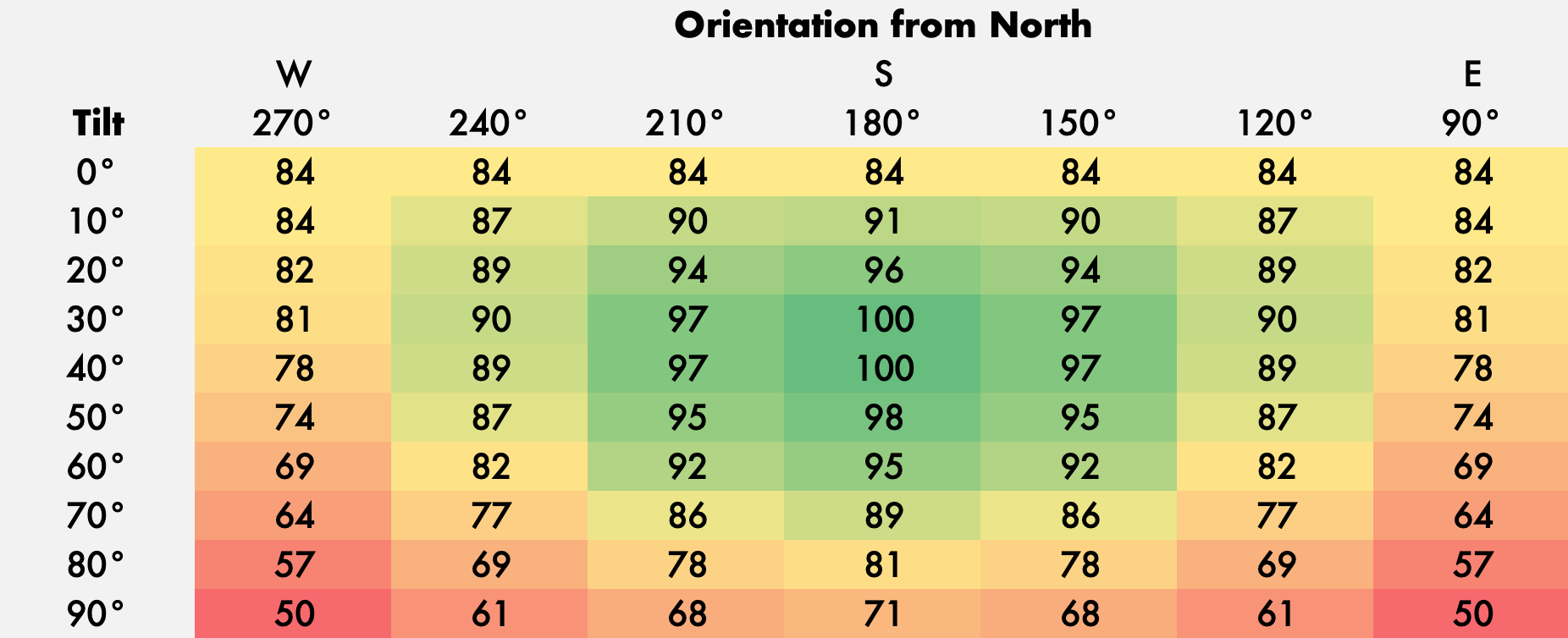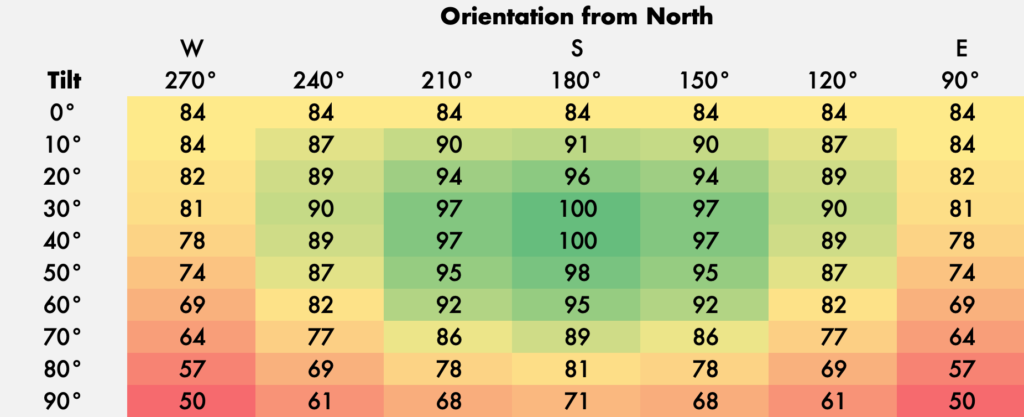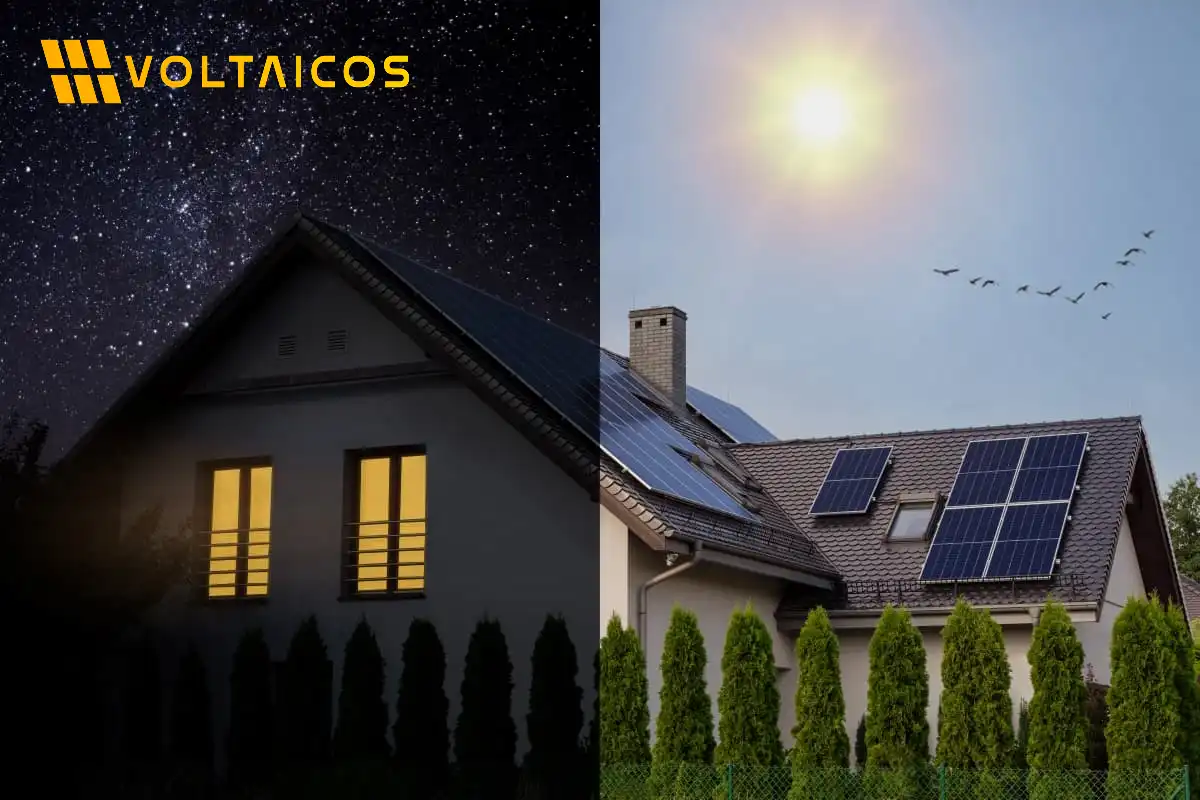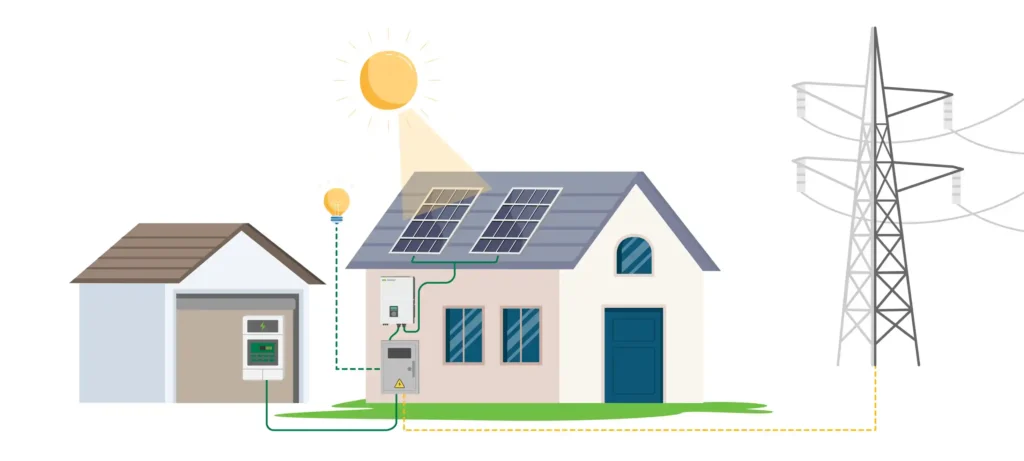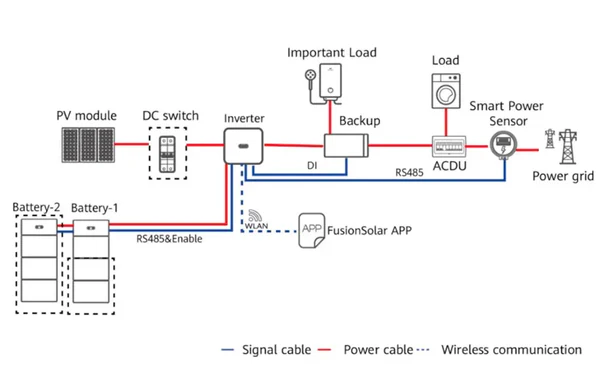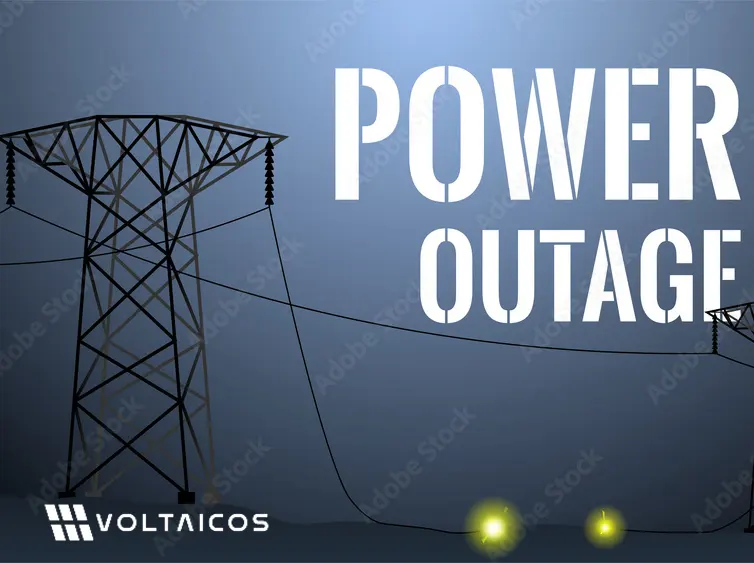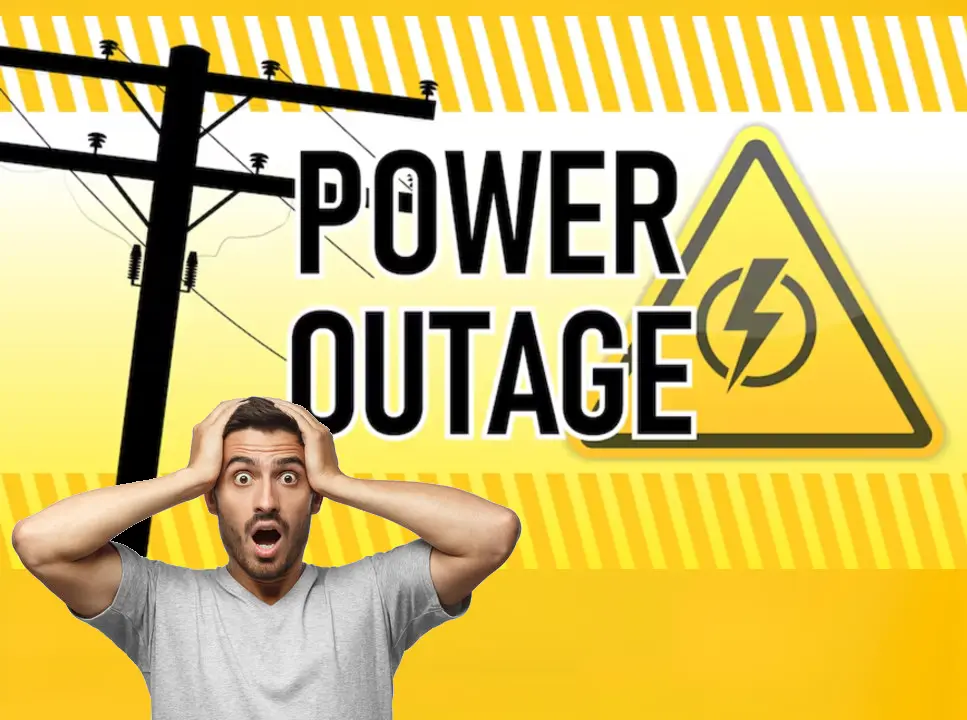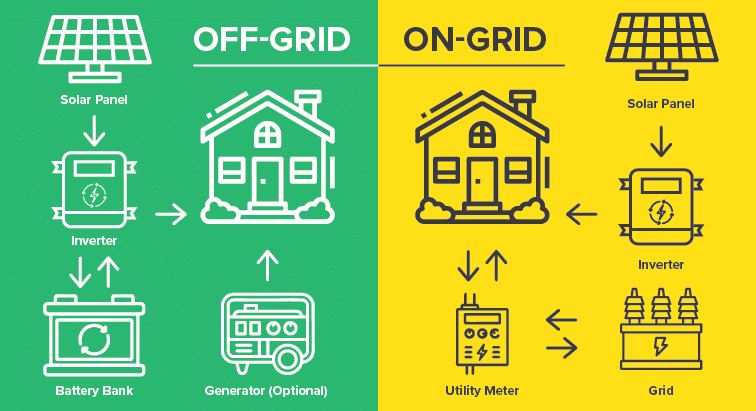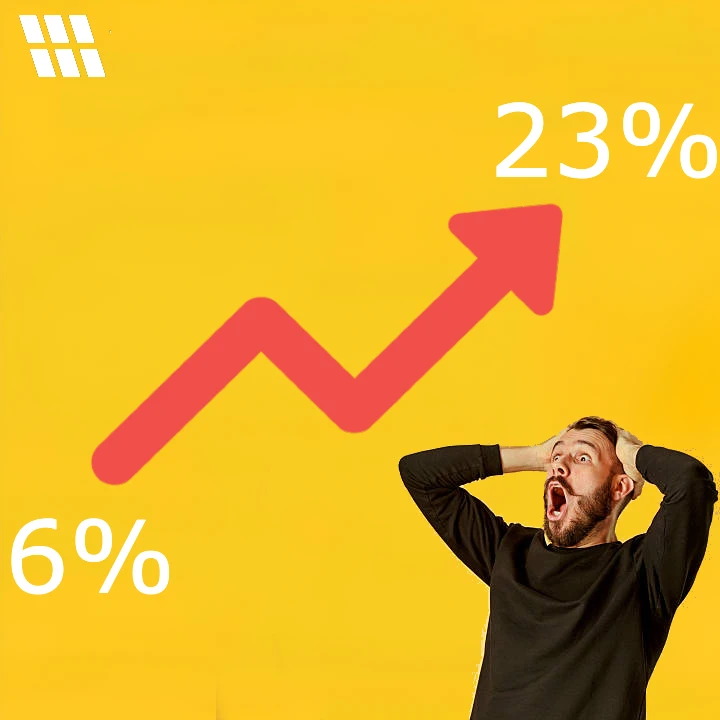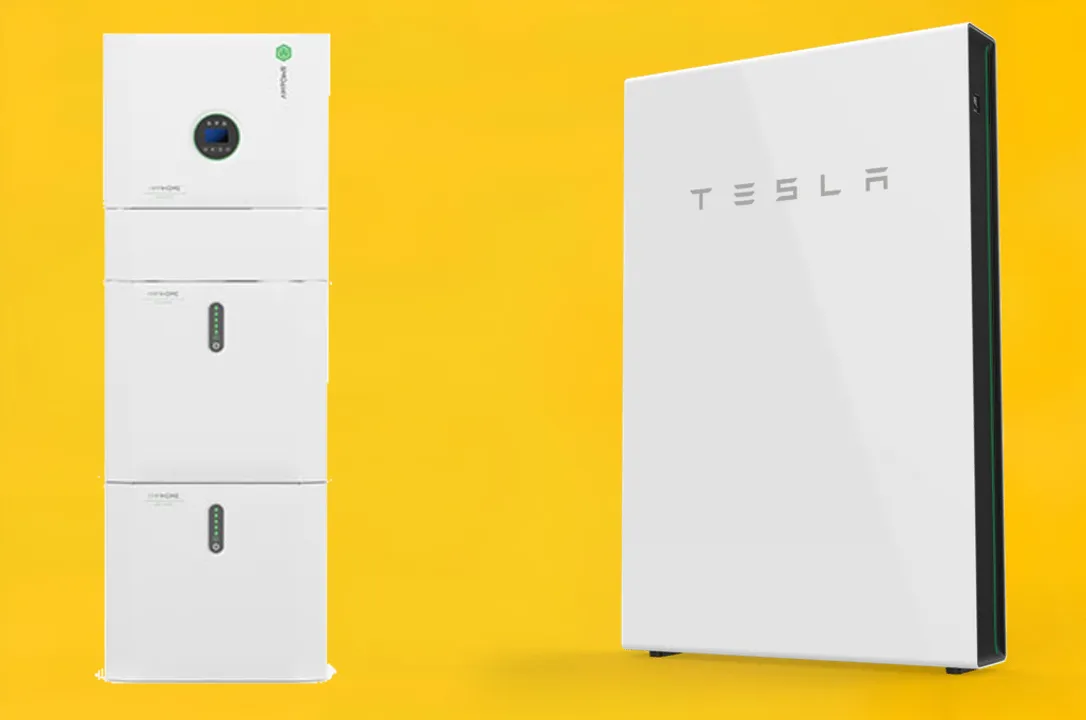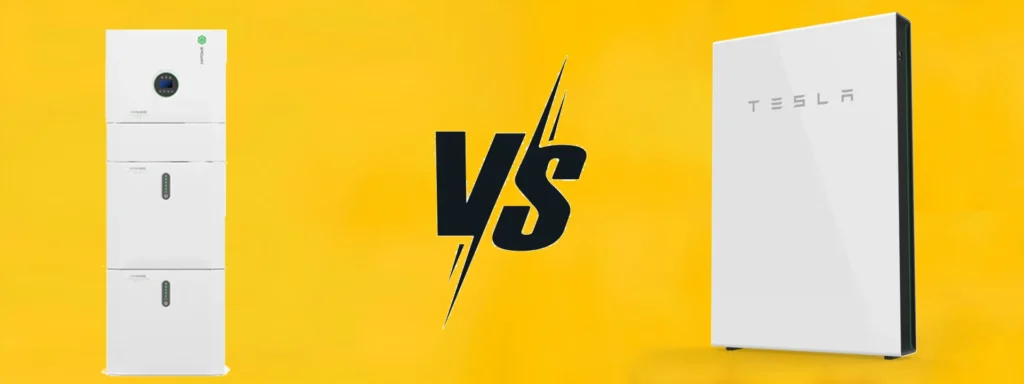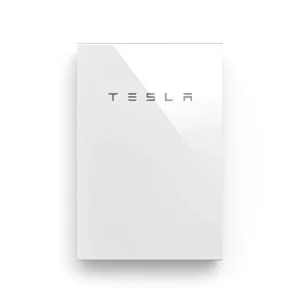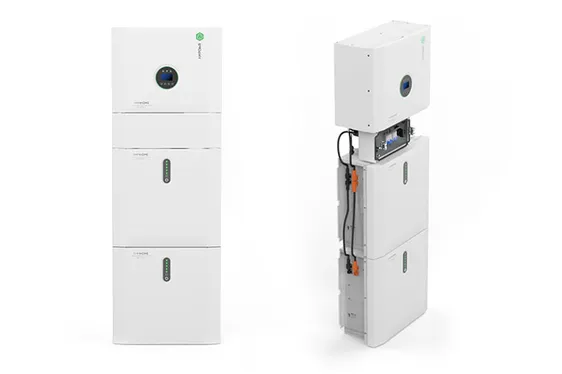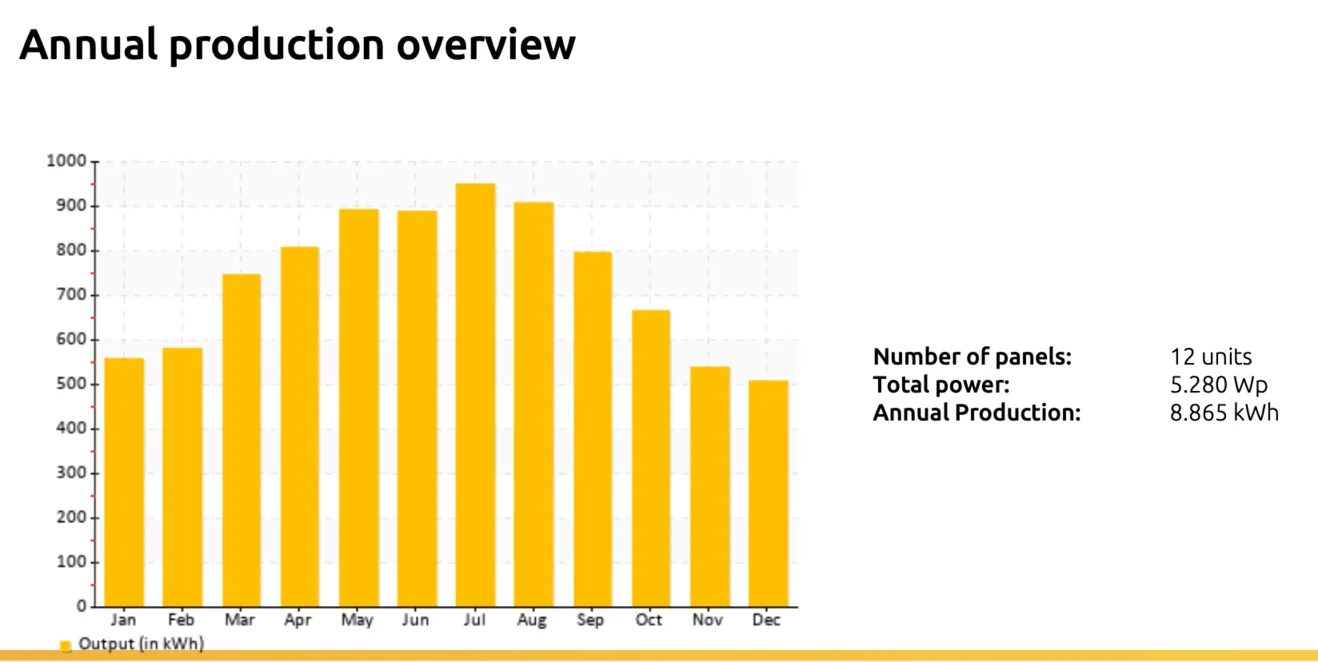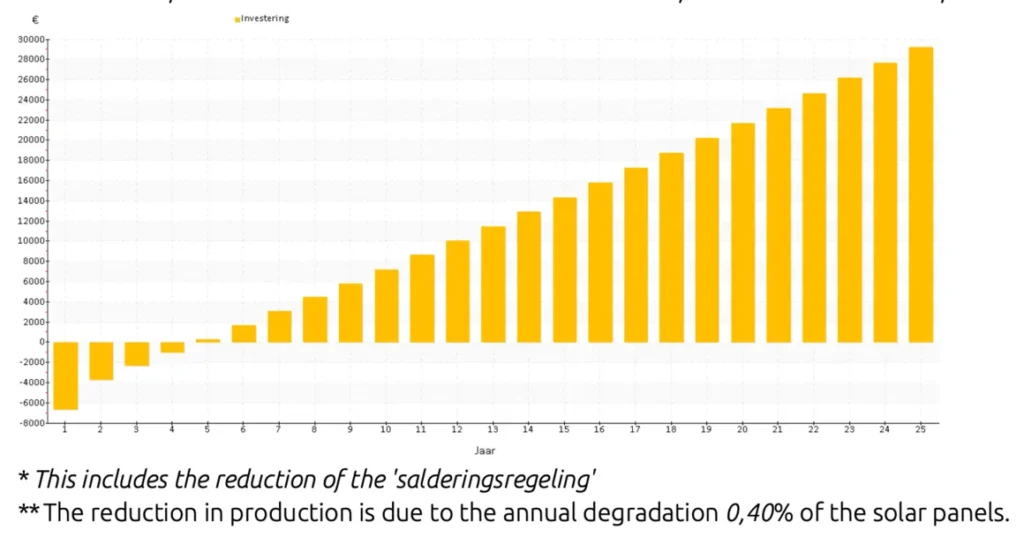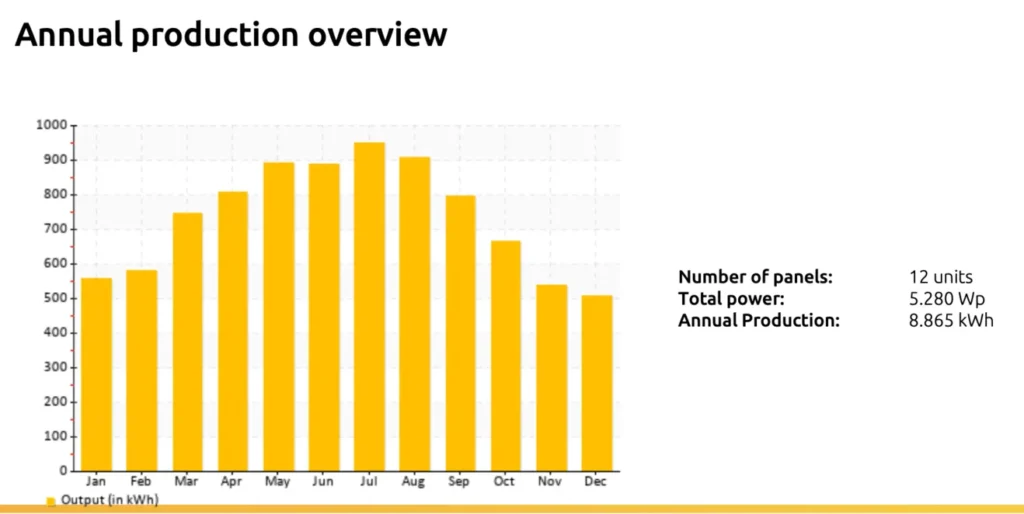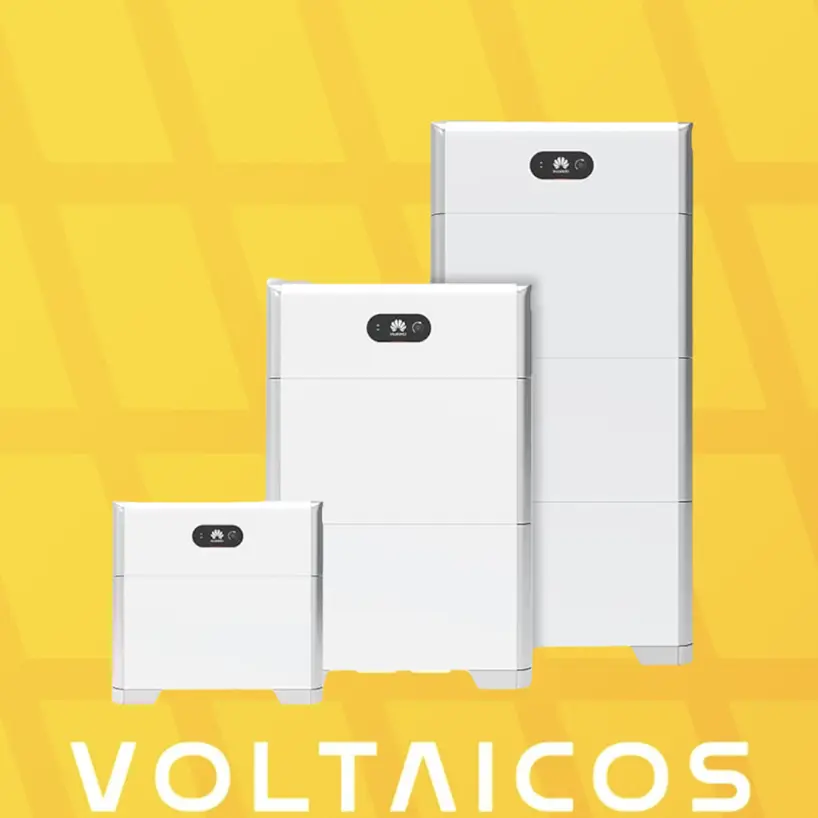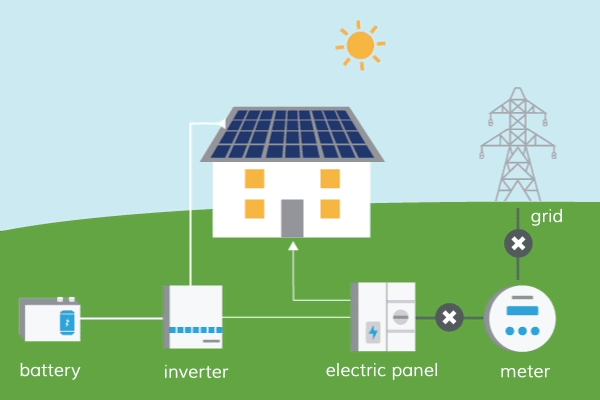5 key legalities for solar balcony installations in Portugal.
The demand for solar energy is growing rapidly in Portugal, driven by the country’s abundant sunlight and the increasing focus on sustainability. Many homeowners are now considering installing solar panels to cut down on energy costs and contribute to a cleaner environment. For apartment dwellers, the question often arises: Can I install solar panels on my balcony?
While the benefits of solar energy are clear, understanding the legalities for solar balcony installations is crucial to avoid fines or forced removal of panels. Navigating the legal and technical requirements is essential to ensure that the installation complies with all relevant regulations. In this article, we will examine the key legal aspects of installing solar panels on balconies in Portugal, as well as technical considerations and the steps needed for a successful installation.
Legal Framework for Installing Solar Panels on Balconies in Portugal
The first thing to understand is the legalities for solar balcony installations in Portugal. There are specific regulations governing renewable energy systems like solar panels. The Direção-Geral de Energia e Geologia (DGEG), the national authority for energy, outlines the key legal framework for installing solar panels. Most installations will need some form of authorization or approval, especially when modifying the exterior of a building or using shared spaces.
- Private Property Installations: For most private properties, installing solar panels on your balcony does not require formal approval, as long as the panels don’t interfere with shared spaces or alter the building’s aesthetic appearance. However, it is important to comply with building codes and municipal regulations to stay within the legalities for solar balcony installations.
- Condominium Buildings: If you live in a condominium or apartment building, the legalities for solar balcony installations become more complex. The homeowners’ association may require approval for installing solar panels, as such changes could affect the building’s look or functionality. It’s essential to obtain permission before proceeding.
- Historical Areas: Buildings located in historic areas or those with cultural heritage protection face more stringent rules. The Portuguese Law of Architectural Heritage (Lei do Património Arquitetónico) governs alterations to such buildings, and any exterior modifications like installing solar panels could require special permits. These legalities for solar balcony installations are important to consider before making any changes.
For more detailed information, visit the official DGEG website: DGEG Official Website.
Learn More About Solar Panels in Portugal
The Role of the Condominium and Homeowners’ Associations
One of the most important aspects to consider when installing solar panels on your balcony is the homeowners’ association or condominium’s rules. Even if national or local regulations do not prevent the installation, the legalities for solar balcony installations often include approval from the association, which can regulate alterations to the exterior of the building.
- Condominium Approval Process: Most condominium agreements in Portugal include clauses about modifying shared or visible parts of the building. Installing solar panels on your balcony may require the approval of the condominium management. This is because such modifications could affect the building’s aesthetics or structural integrity. Therefore, understanding the legalities for solar balcony installations within your community is crucial.
- Gaining Support from Neighbors: In cases where the condominium board may resist, it can help to gather support from your neighbors. You could emphasize the environmental benefits of solar energy, the potential for reduced energy bills, and examples of other buildings that have successfully installed solar panels. This might help address concerns and improve the approval chances.
For more insights on how to navigate condominium approval processes, refer to your building’s by-laws or consult with your condominium management.
Technical Considerations for Installing Solar Panels on Balconies
Once the legalities for solar balcony installations are understood, the next step is to consider the technical requirements. A successful installation requires careful planning, ensuring that the system works efficiently and meets safety standards.
- Optimal Panel Placement and Sun Exposure: The orientation and exposure to sunlight are key to maximizing energy production. Balconies that face south provide the most sunlight, making them ideal for solar panel installations. East- and west-facing balconies can still produce energy, but their efficiency will not be as high. By considering these legalities for solar balcony placements, you can ensure that your panels capture the most sunlight possible.
- Choosing the Right Panels: The type of solar panels you install will depend on your available space, the angle of your balcony, and the amount of energy you wish to generate. Some balconies may be more suitable for compact panels or flexible solar panels. Understanding the legalities for solar balcony installations, such as space restrictions and safety standards, can help you choose the best panel type for your needs.
- Structural Considerations: Not all balconies are built to support the extra weight of solar panels. Before installing, it’s crucial to check that your balcony can safely handle the weight of the panels and mounting systems. Ignoring these legalities for solar balcony safety could lead to structural damage or unsafe conditions.
Always work with a professional installer who can assess your specific situation and ensure the system complies with local regulations.
Store your solar energy!
Permits and Approvals for Solar Balcony Installations
Before proceeding with the installation, it’s essential to check if you need any permits. Depending on the legalities for solar balcony installations, some projects require formal permits or approvals, while others may be more straightforward.
- Private Balconies: If the installation is strictly on your private balcony and does not impact the building’s appearance or common areas, you might not need formal approval. However, it’s still advisable to check with your local municipality to ensure full compliance with any local regulations.
- Shared Spaces and Condominiums: For installations in shared spaces or on balconies that are visible to others, you will likely need to submit a request for approval from your condominium or the local authorities. The legalities for solar balcony installations in these cases are stricter, and getting approval ensures that you are not violating any regulations.
For more information on the permit application process and the legalities for solar balcony systems, consult the official DGEG website: DGEG Official Site.
Financial Incentives for Solar Installations in Portugal
Portugal offers various financial incentives to encourage solar energy adoption, which may apply to solar balcony installations as well. The Programa de Incentivos à Produção de Energia Elétrica a partir de Fontes de Energia Renováveis provides financial support to homeowners who install renewable energy systems.
These incentives can help reduce the cost of solar panel systems and make it more affordable to implement energy-efficient solutions on your balcony. Checking the legalities for solar balcony installations with respect to available subsidies can provide significant savings.
For further details on these incentives, visit the government portal on renewable energy incentives: Incentivos à Produção de Energia.
Conclusion
In conclusion, installing solar panels on your balcony in Portugal is an excellent way to reduce energy costs and contribute to a greener future. However, it’s essential to understand and comply with the legalities for solar balcony installations. From obtaining approval from your condominium to ensuring your installation meets local and national regulations, taking the necessary steps can help you avoid complications and enjoy the benefits of solar energy.
By working with professionals who understand the legalities for solar balcony installations and ensuring all the required permits are in place, you can confidently move forward with your solar project.


